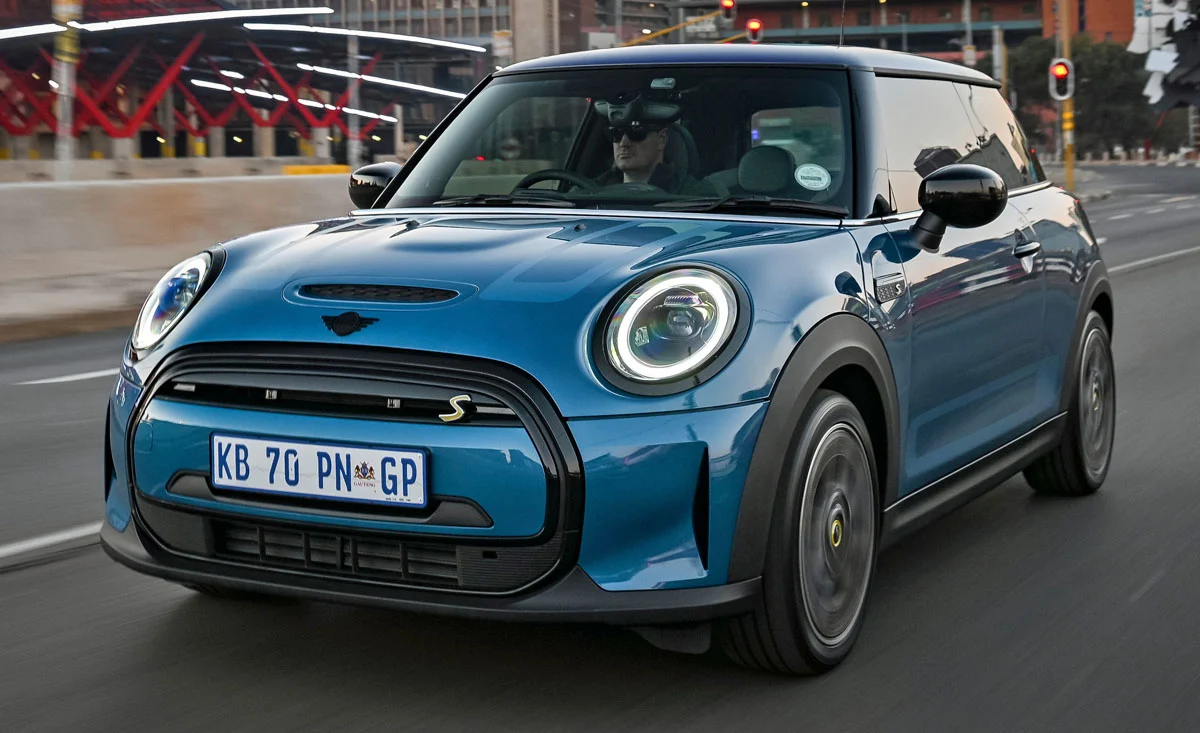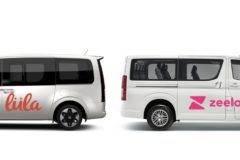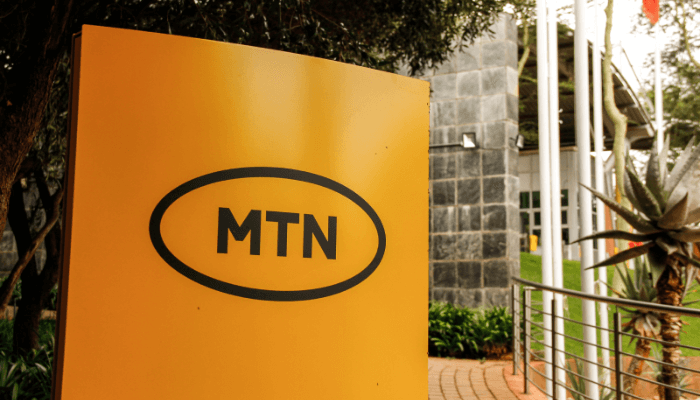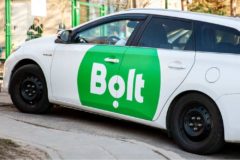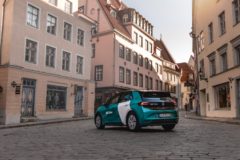According to a report by the National Association of Automobile Manufacturers of South Africa (NAAMSA), electric vehicle sales in the country in Q1 2023 have already surpassed more than half of last year’s total sales.
Since the start of the year, 232 units of electric vehicles have been sold, compared to the 502 sold in the entirety of 2022. Overall, new energy vehicle (NEV) sales, including plug-in hybrids, traditional hybrids, and fully electric cars, saw a surge of 18.8% in Q1 2023 compared to the same period in 2022.
Fully electric vehicles had the highest proportional increase in sales when comparing Q1 2023 to the same period last year, in which 112 fully electric cars were sold in the country, compared to 232 units sold in Q1 2023. Furthermore, more electric cars were sold in Q1 2023 than in the entirety of 2021, 2020, 2019, or 2018. Overall, 4,764 NEVs were sold in South Africa in 2022, compared to 896, 324, and 407 in 2021, 2020, and 2019, respectively.
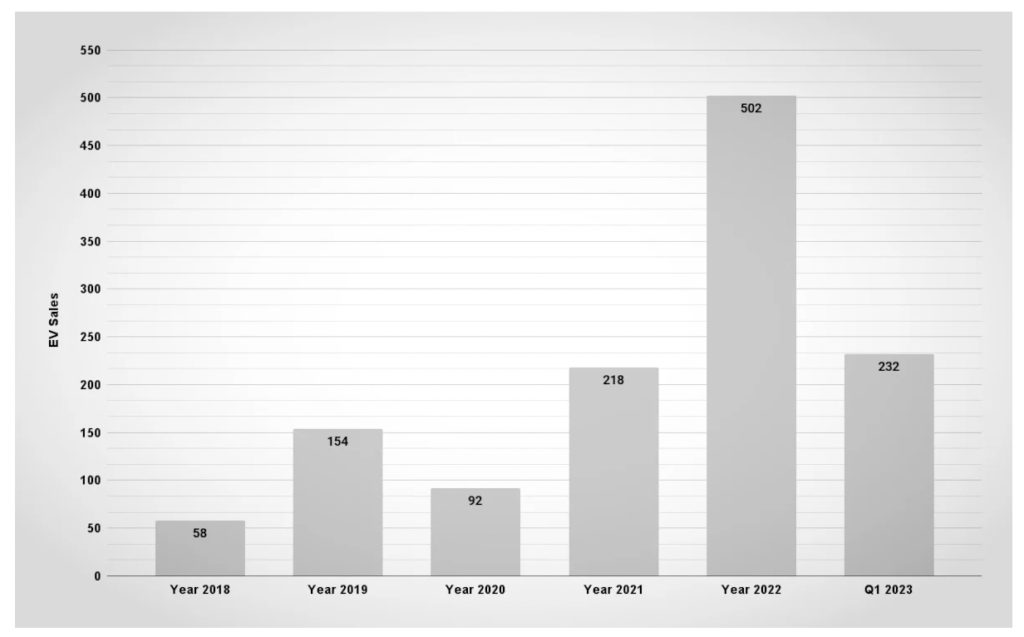
The surge in electric vehicle sales in South Africa is ironic for two reasons. Firstly, the country is currently going through a 15-year power crisis exacerbated by issues faced by Eskom, South Africa’s power utility provider.
Secondly, electric vehicles are exorbitantly expensive in South Africa. According to MyBroadband, after considering exchange rates and additional taxes, the price of an imported pickup truck in South Africa was around 89% higher than the retail price in the US.
“This is exacerbated by the effects of the value-added tax [VAT]; the ad valorem excise duty based on a sliding scale up to 30%, and the import tariff; limited product availability; and awareness issues emanating from range anxiety, security of electricity supply and a limited understanding of the technology,” said NAAMSA in a statement.
In order to keep the electric vehicle adoption trajectory on the same path, NAAMSA believes that the government should be intentional with incentivising a switch to NEVs in the domestic market, expanding charging infrastructure, and supporting a shift to NEV production.
“South Africa has already missed the upcoming round of EV model investment, for which the decision date is three years before start of production, and realistically will only be considered for the next round of investment around 2030,” said NAAMSA president Neale Hill.
Government, on the other hand, states that it is trying its best to foster a manufacturing-focused approach to EV adoption instead of just importing them.
“We don’t want to risk South Africa becoming the last place where internal combustion engines [ICEs] are produced while other markets are busy with EVs,” said Malebo Mabitje-Thompson, acting director-general for the department of trade, industry, and competition.







